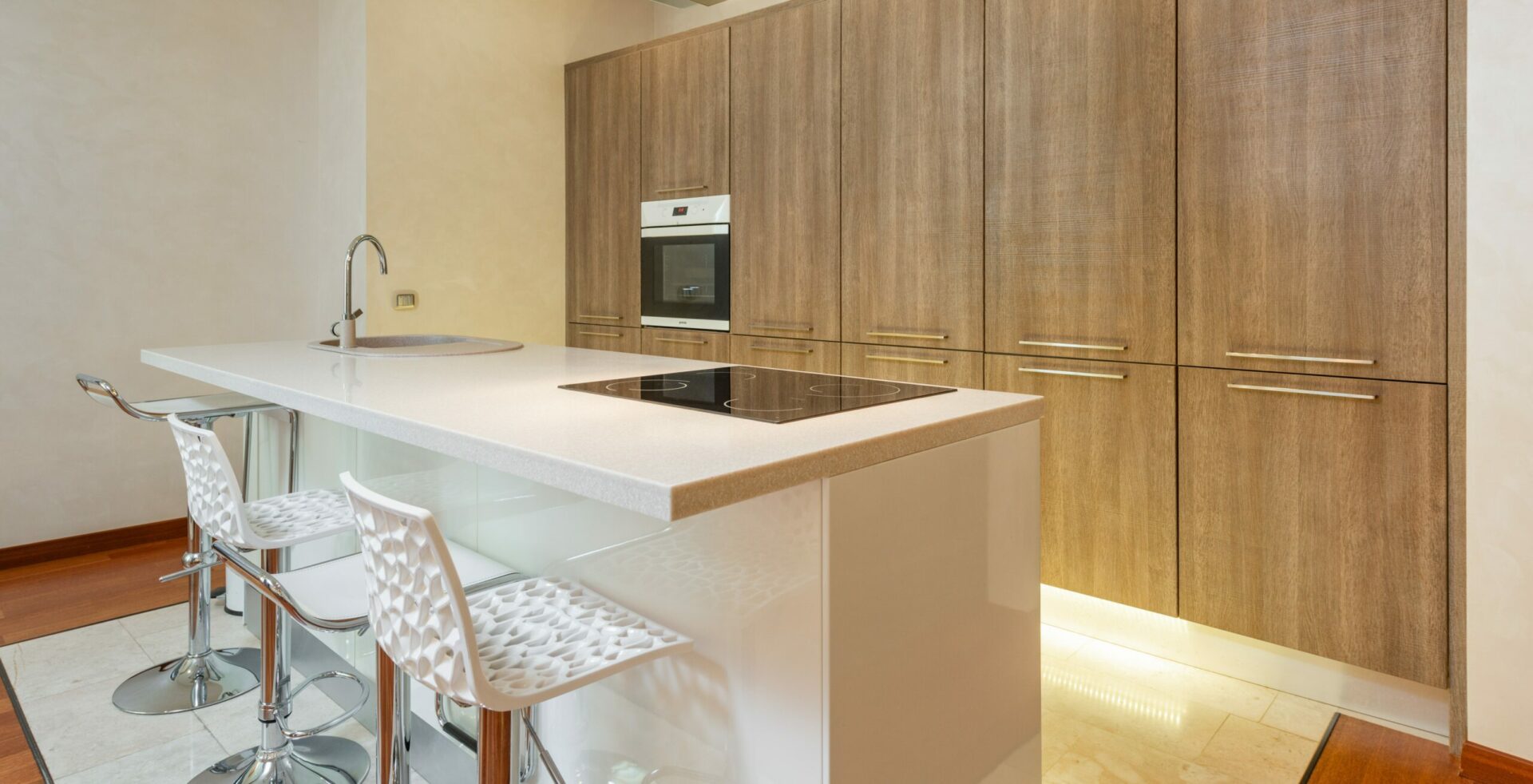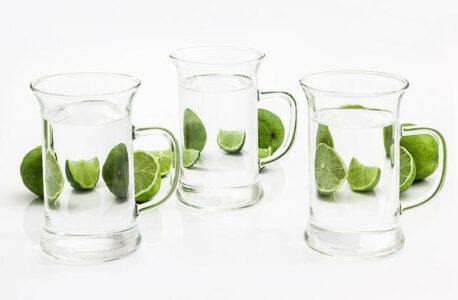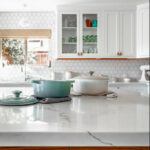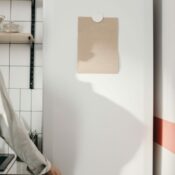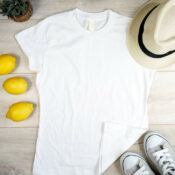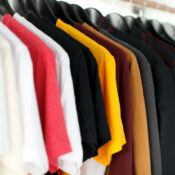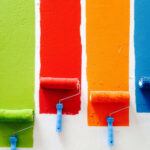Updated June 12, 2022
Glassware stains very easily, especially when exposed to hard water. And when these surfaces stain, they appear cloudy and unpleasant. Therefore, it is important that you learn how to remove hard water stains from glassware, if you are to keep these clean and attractive for long.
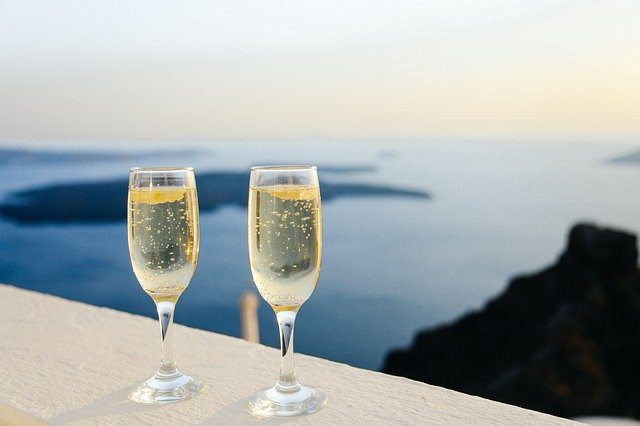
Hard water stains on glassware are formed when mineral water evaporates from the glass surface, leaving behind calcium and magnesium. Overtime, these minerals dissolve, leading to the development of spots on the glass.
While these hard water stains and deposits can be quite tough, they are not impossible to remove. We have done all the research for you, and in this article, we discuss recommended ways on how to remove hard water stains from your delicate glassware. Read on!
A. Using Liquid Cleaners
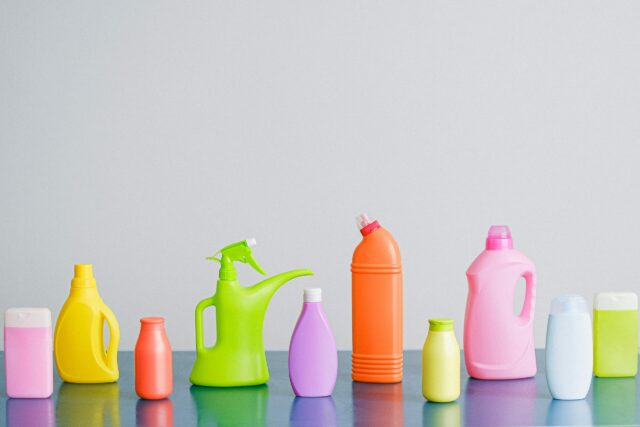
Hard water stains can be easily noticed as white spots on glassware surfaces. These white, hazy spots are caused by excess buildup of minerals and alkaline in the water. However, the seemingly tough and stubborn stains can be easily removed with liquid cleaners.
There are a number of liquid cleaners that you can use to remove hard water stains from glass surfaces. Consider two such best cleaning techniques:
Method 1: Using Salt and Water
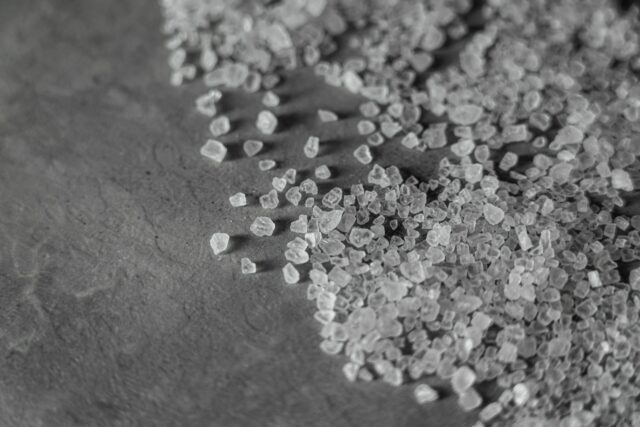
Materials
- Salt
- Water
- Soft Clean Cloth
Procedure
1. Mix salt and water in equal parts. Apply the mixture onto the glass surface. Using a clean cloth, rub the mixture onto the stained area. Do so gently and in circles. The salt grains will act as a scouring powder that effectively removes the hard water stains.
2. Rinse your glassware thoroughly with clean water to remove any residual salt water. It is recommended that you use warm water to rinse the glass surface, since warm water lacks any minerals which could lead to further staining of the glassware.
Method 2: Using White Vinegar
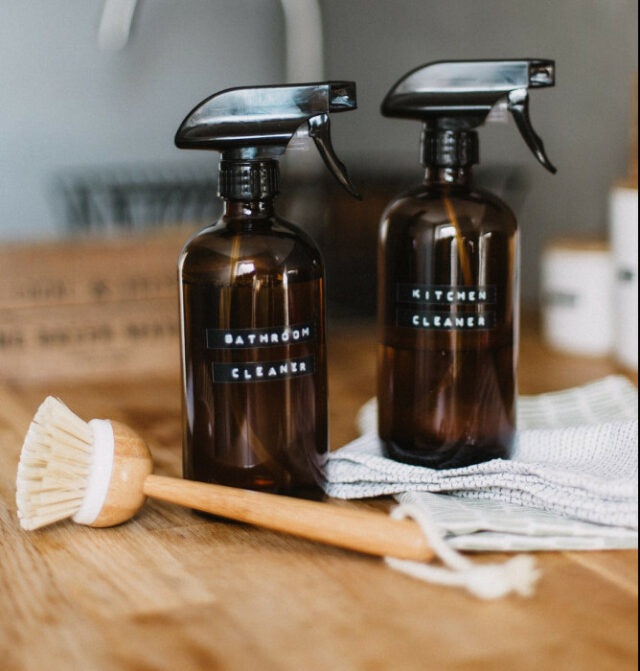
Materials
- White vinegar
- Lemon juice
- Spray bottle
- Microwave
- Clean Basin
Procedure
1. In a clean spray bottle, mix white vinegar with some lemon juice. Warm the mixture in a microwave for 20 to 40 seconds (the amount of time to warm the mixture will mostly depend on your microwave).
2. Spritz a generous solution of the vinegar-lemon solution onto the glass surface. Let it sit for 2-3 minutes. Then, wipe your glassware with a dry, paper towel or lint-free cloth.
3. If you are working with drinking glasses or other smaller glass items, mix equal parts of vinegar and water in a clean basin. Then, soak the glasses in this solution for 3-4 hours. After soaking the glass items, rinse them thoroughly with clean water and put them to dry.
Notes
- Since white vinegar is a natural acid, it loosens up all hard water deposits on glassware. Also, the fact that is a clear and colorless liquid cleaner means that it won’t cause any staining on the glass surface.
- Another good thing about vinegar is that it is a natural cleaner; hence, you won’t have to worry about it being too toxic or burning your eyes and lungs, like most other chemical cleaners do. Also, the citric acid on lemon juice has similar effects on hard water spots as white vinegar. In addition, it adds a fresh lemon scent on the glassware items.
- A warm mixture of vinegar and lemon juice is preferred since it is more effective at removing hard water stains than a cleaner at cold or room temperature. Also, ensure that you remove the top of the spray bottle before putting it in the microwave, to prevent it from exploding.
B. Using Non-Liquid Cleaners
Non-liquid cleaners are just as effective as liquid cleaners. Their natural properties also make them safe for use on glassware, such as drinking glasses and plates.
Method 1: Using Scrubbing Sponges
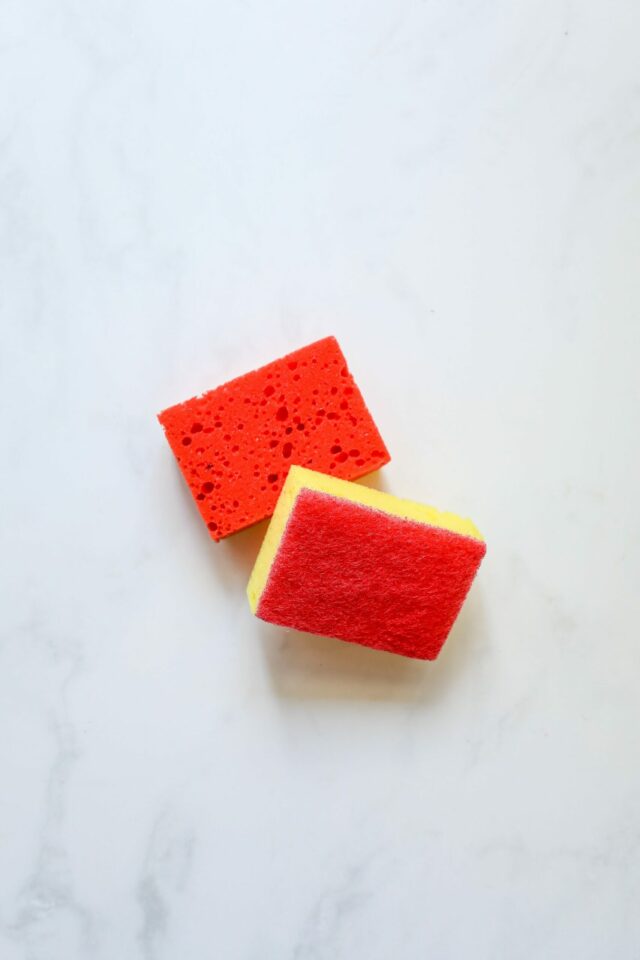
Materials
- Scrubbing Sponges (or soft cleaning pads)
- Baking Soda
- Soft Clean Cloth
Procedure
1. Moisten a clean scrubbing sponge with water. You are recommended to use the ‘magic’ and ‘eraser’ types of cleaning pads as these are soft and gentle on glass. Then, sprinkle some baking soda on the scrubbing sponges.
2. Applying some ‘elbow grease,’ gently scrub the glassware surfaces in circles. Do so until all the hard water stains are completely removed and you are left with clear, sparkling clean glassware.
Notes
- Baking soda is a mild abrasive; hence, it safely removes hard water stains from glassware without corroding the surface. However, avoid using other abrasive cleaning products and brushes with hard bristles, as these could cause major scratches and etching to the delicate glass surface.
- This scrubbing technique is recommended for when removing new hard water stains, small stains, or those hard water deposits that have not yet firmly set in.
Method 2: Using Toothpaste
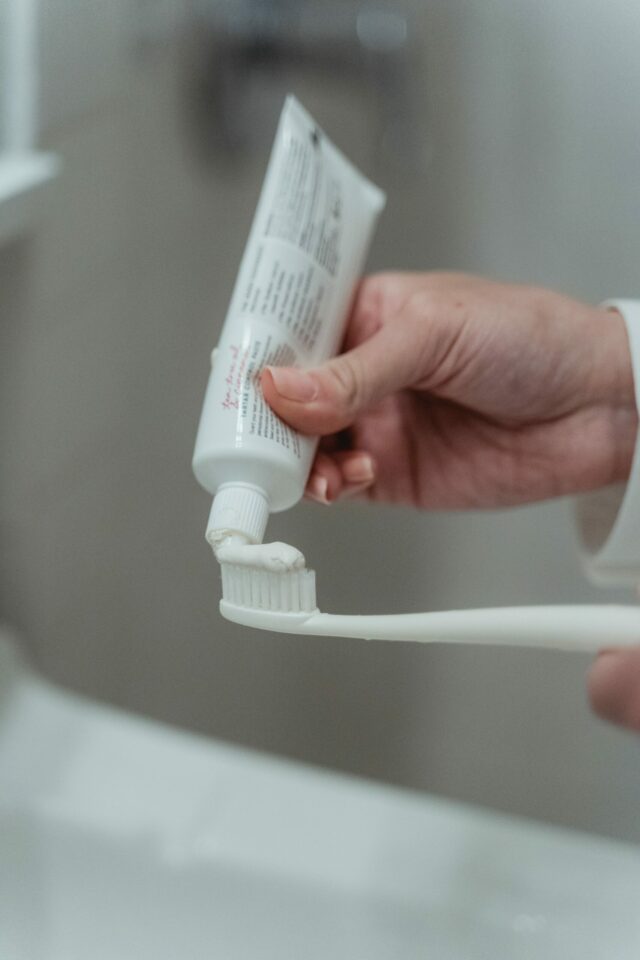
Materials
- Toothpaste
- Clean Towel
- White Vinegar
- Clean Water
Procedure
1. Dip a towel in clean water. Wring it out to remove excess water, so that the towel remains moist. Apply some toothpaste on the towel then rub it in circles over the hard water stains. Allow the glassware a few minutes before rinsing off.
2. Mix water and vinegar in equal ratio. Use this vinegar solution to rinse off the glassware and remove all toothpaste residue.
Note
In this case, toothpaste acts as an ideal alternative to baking soda; it functions as a gentle abrasive cleaner which removes hard water stains from glassware.
Tips for Preventing Future Hard Water Stains
Removing hard water stains from glassware is one thing, maintaining clean glassware is another. To maintain your clean glass surfaces, you will need to prevent any future hard water stains from forming.
The following are three simple steps that can help you keep your glassware clean and stain-free:
- Attach a filter to the water system in your home; a filter works to remove minerals which cause hard water stains on glassware.
- Wipe and clean glass surfaces on a regular basis.
- Consider sealing glass surfaces to prevent them from staining.
You already know now why glass surfaces tend to become cloudy: due to hard water deposits. And every person can agree that cloudy glass surfaces are anything but attractive. The good thing is that stains made by hard water minerals can be easily removed.
This article has discussed two techniques for how to remove hard water stains from glassware: using liquid cleaners and non-liquid cleaners. So if any of your glass surfaces is looking cloudy, follow these techniques to get these clear and sparkling like brand new glassware!
